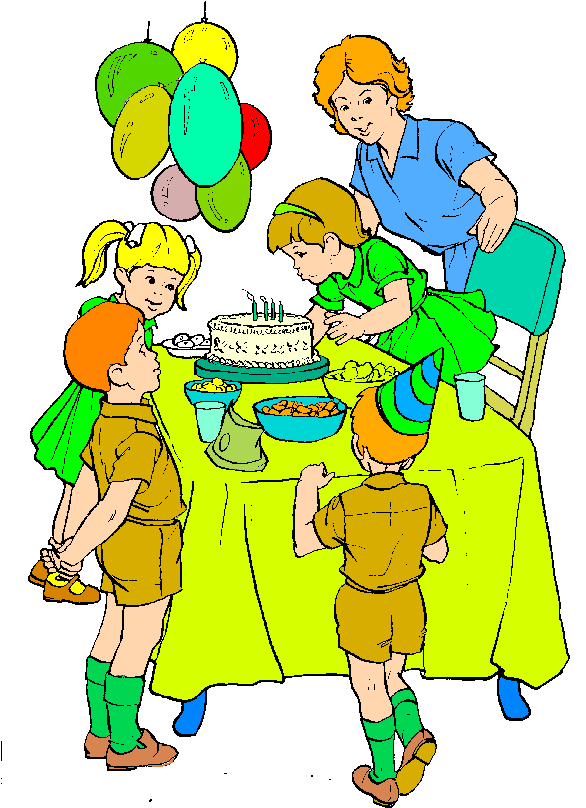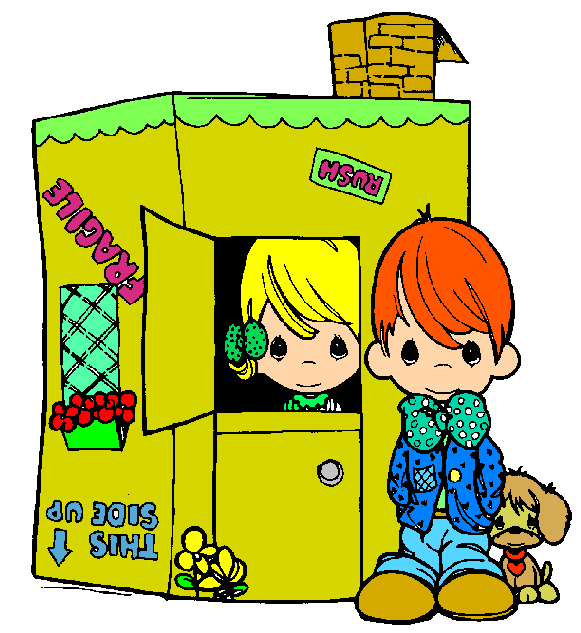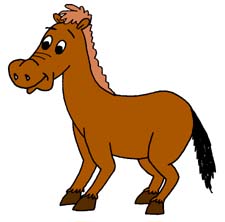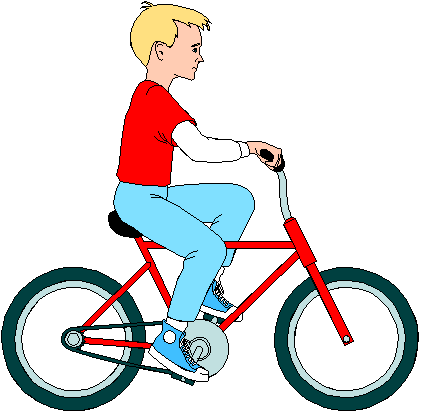











Fill in the sentences with the correct form of the appreciate verb (to be or to have got).
e.g.: I have got a banana.
She is Anne Smith.
1) Our postman a big bag.
|
 |
2) This my umbrella.
| |
3) I an umbrella.
| |
4) Today Susan’s birthday.
| |
5) Susan birthday today.
|
 |
6) These his photos.
| |
7) Steve seven photos.
| |
8) This our small house.
| |
9) We a small house.
|
 |
10) Sean a brother and a sister.
| |
11) Harry a brother.
| |
12) Tony Mary’s brother.
| |
13) I Jerald Service.
|
 |
14) Sheryl a horse.
| |
15) Cary 14 years old.
| |
16) I fine, thanks.
| |
17) My mother from the USA.
|
 |
18) You brown hair.
| |
19) Betsey and Ralph in the garden.
| |
20) Todd a new teacher.
His name Mr. Gruber. |
Write sentences using the given words and “to be” or “to have got”. Use the short form of the verb only in the negative sentences.
e.g. Ken * not * happy.  Ken isn't happy.
Ken isn't happy.
1) Jimmy * not * a bike.
|
 |
2) my father * 40 years old.
|
|
3) you * my address?
|
|
4) her name * Ellen Cox.
|
|
5) we * a big house.
|
 |
6) I * not * a mobile phone.
|
|
7) the Taylors * at the shops.
|
 |
8) Mr Smith * red apples.
|
 |
9) the camera *not * in the car.
|
|
10) Jennifer * our new teacher.
|
 |
Put the words in the correct order to get a sentence. Use the correct form of the verbs. Use the short form of the verb only in the negative sentences.
e.g.: Peter / in Poland / to be / today.  Peter is in Poland today.
Peter is in Poland today.
1) Oliver / she / to be / Kelly.
|
|
2) dogs / to have got / friendly / they?
|
 |
3) I / the / in / to be / garden.
|
|
4) not / to be / children / the / happy.
|
|
5) a / Tom / television / to have got?
|
 |
6) to have got / and / a / Nora / Chris / spider.
|
|
7) we / sisters / to be / not.
|
|
8) a / his / car / to have got / grandparents / blue?
|
 |
9) Peter’s / at school / not / son / to be.
|
 |
10) aunt / Mike / an / not / have got.
|






No hay comentarios:
Publicar un comentario